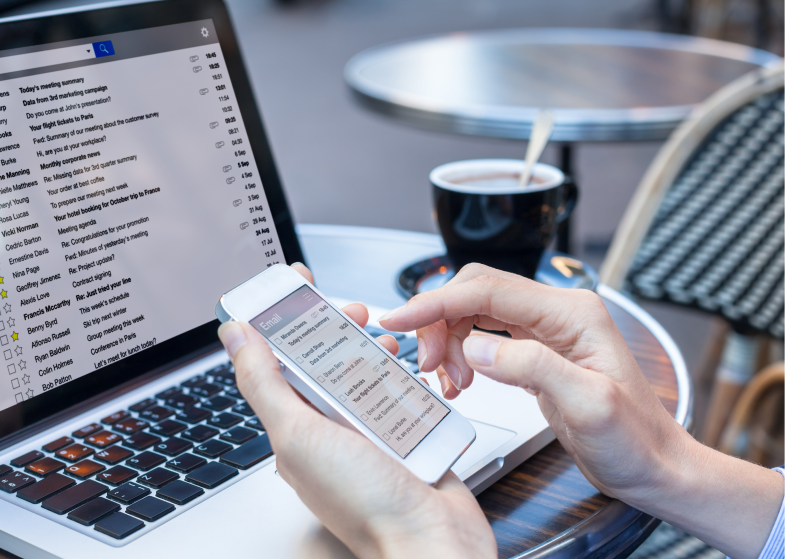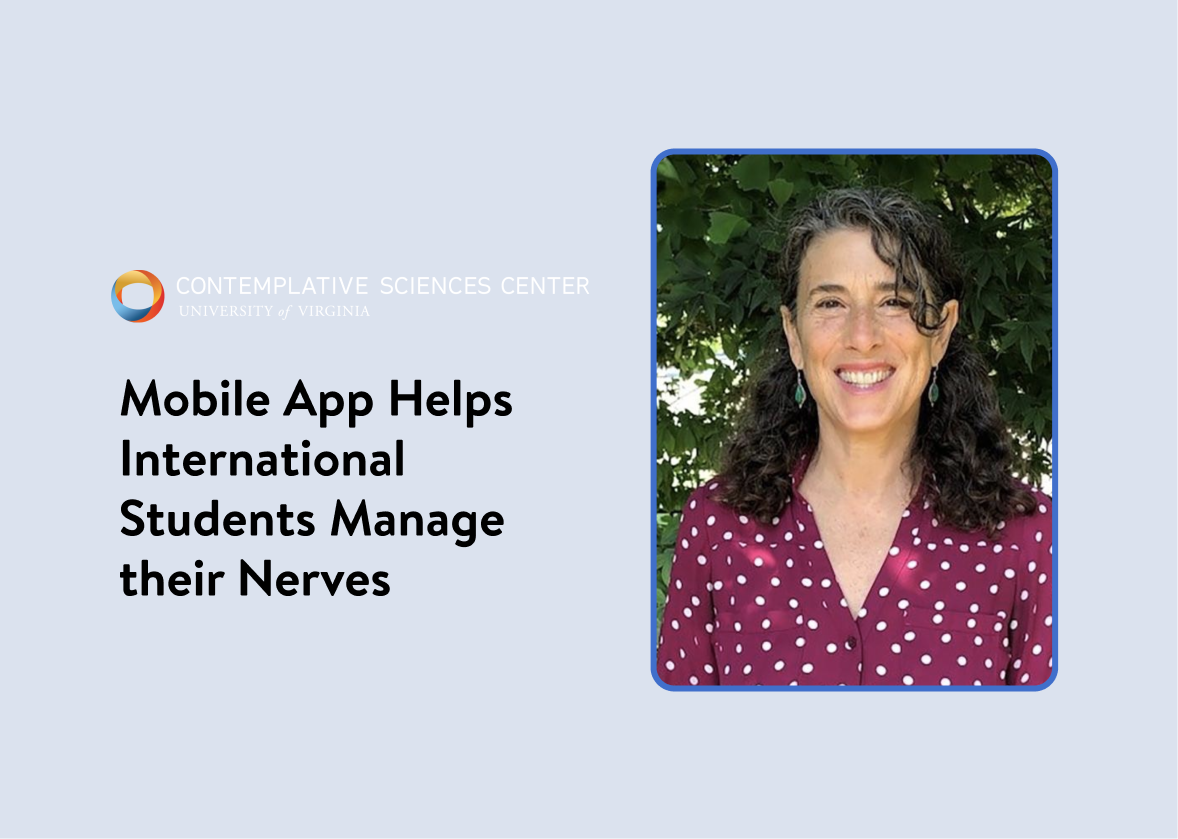There’s No Avoiding Email
Email is an essential part of our communication in the workplace. When this operational backbone is a source of stress and anxiety, our wellbeing suffers.
Email is a stress-inducing form of communication thanks to the following characteristics:
- Delayed Response: Once we hit send on an email, we’re uncertain when we’ll get a response. Not knowing leads to stress as we wonder what the recipient is thinking, and why they haven’t yet replied.
- Lack of Context: Email is void of the body language, vocal tones and contextual cues that help us understand the subtleties of the message. Not knowing what to infer can be a source of stress.
- Volume: According to a study done by Harmonic Learning, professionals receive upwards of 300 emails per day. The sheer volume can be overwhelming. Deciphering which to prioritize creates additional cognitive strain not normally present in other forms of discourse.
- Expectations: Whether real or imagined, email comes with loaded expectations. We might feel a need to respond immediately, respond perfectly or elicit a specific reply. This type of communication pressure is more prevalent in written form.
Researcher Linda Stone found 80 percent of people experience email apnea, holding their breath while reading emails. An interrupted breathing pattern reinforces anxiety. Redefining the importance and function of email is the key to managing our reactions to it.
1. Question Urgency
Email anxiety often arises via our own reactivity. We habitually respond as if everything is urgent. But it’s not. To quiet this harmful, habitual response, try the following actions:
- Disable push notifications and establish firm boundaries regarding when and where you’ll check your email.
- Rethink your email inbox as a chat room. When an email thread gets lengthy or you take longer than 5 minutes to compose an email, the phone is likely more efficient.
- Quit apologizing for a delayed response to an email. Set your definitions of what’s urgent and what can wait and stick to it.
2. Seek Alternatives
Using our email in-box as a to-do list adds to our stress. The inbox becomes a reminder of all the tasks we’ve yet to complete, which often causes us to avoid it completely. Instead, try the following tech tips:
- Transfer Zoom invites, appointments, and scheduled tasks to a calendar, then delete them from your inbox.
- Use a task manager such as Trello or Asana to communicate with teams and manage projects.
- Go analog with a journal, whiteboard, sticky notes or a written to-do list to help organize daily, weekly and monthly tasks.
3. Let Go of Perfection
When it comes to email and your inbox organization, there’s no right or wrong. What’s more important is how it makes you feel. Let go of perfection with the following reminders:
- You won’t get extra points for emptying your inbox at the end of each day.
- Breathe deeply and re-read your drafts before sending, but don’t overdo it. There’s no such thing as a singular, perfect response.
- Be mindful of language that apologizes for perceived imperfection. Phrases like ‘sorry,’ ‘I’m just,’ and ‘I think’ dampen clear, actionable messages.
4. Respect Email Karma
The golden rule applies, even to email. Treat others the way you’d like to be treated, and you’ll notice a change in your inbox. Next time you go to fire off emails, ask yourself if you should do one of the following:
- Use an email scheduler to avoid sending emails after hours.
- Mark as urgent. Is it truly urgent? Before you hit send, ask if an email is needed or if there’s a better way.
- Call — or put it on the next meeting agenda. The less clutter you send, the less you will receive.
Freedom from Email Anxiety
Remember to practice your own purging: unsubscribe, delete and use your folders. Through this mindful observation of email, you will learn a lot more than how much information interferes with your work. Our emotional response to email is just one expression of how we respond to stress. With a mindful perspective, even email has something to teach us about transforming overwhelm to calm.








